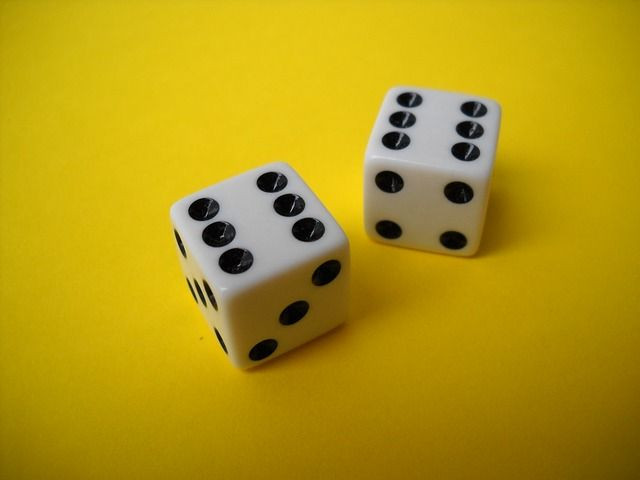Pathological Gambling More Common in Younger Adults

Pathological gambling refers to an inability to resist gambling impulses leading to detrimental personal or social consequences. Researchers from the Bellvitge University Hospital in Barcelona claim they have established a relationship between a patient's age and gambling habits.
A team of researchers led by Susana Jiménez-Murcia followed 2,300 patients whose ages ranged from 17 to 86 years old to study personality traits that may turn into risk factors as they get older.
"The only personality factor that does not vary with age is self-direction, the ability to take control of our lives, to be persistent with a goal," Jimenez said. "This factor is low at all stages and that could be one of the keys to the treatment and prevention of the disorder."
Their findings indicated that patients between the ages of 17 and 35 acted on impulse and used gambling to stimulate euphoria.
On the other hand, participants between the ages of 55 and 86 were less inclined to irresponsible behavior and more likely to practice harm avoidance, propensity to anxiety and excessive worry.
"Older people do not gamble to seek awards or for the challenge of winning or for competitiveness as young people do, but they gamble to modulate negative emotional states", explains Jimenez. "Older patients try to flee from loneliness, dissatisfaction or even physical discomfort."
The National Council on Problem Gambling offers a Pathological Gambling Criteria:
1. You have often gambled longer than you had planned.
2. You have often gambled until your last dollar was gone.
3. Thoughts of gambling have caused you to lose sleep.
4. You have used your income or savings to gamble while letting bills go unpaid.
5. You have made repeated, unsuccessful attempts to stop gambling.
6. You have broken the law or considered breaking the law to finance your gambling.
7. You have borrowed money to finance your gambling.
8. You have felt depressed or suicidal because of your gambling losses.
9. You have been remorseful after gambling.
10. You have gambled to get money to meet your financial obligations.
The American Psychiatric Association has recently moved pathological gambling from the Impulse-Control Disorders category into the Addiction and Related Disorders category.
The results of this study were published in the Journal of Gambling Studies.
Published by Medicaldaily.com



























